Engineering Projects in Community Service (EPICS)
The Engineering Projects in Community Service program, known as EPICS, is a national award-winning social entrepreneurship program. Teams design, build and deploy systems to solve engineering-based problems for charities, schools and other not-for-profit organizations.
Spring 2024 projects
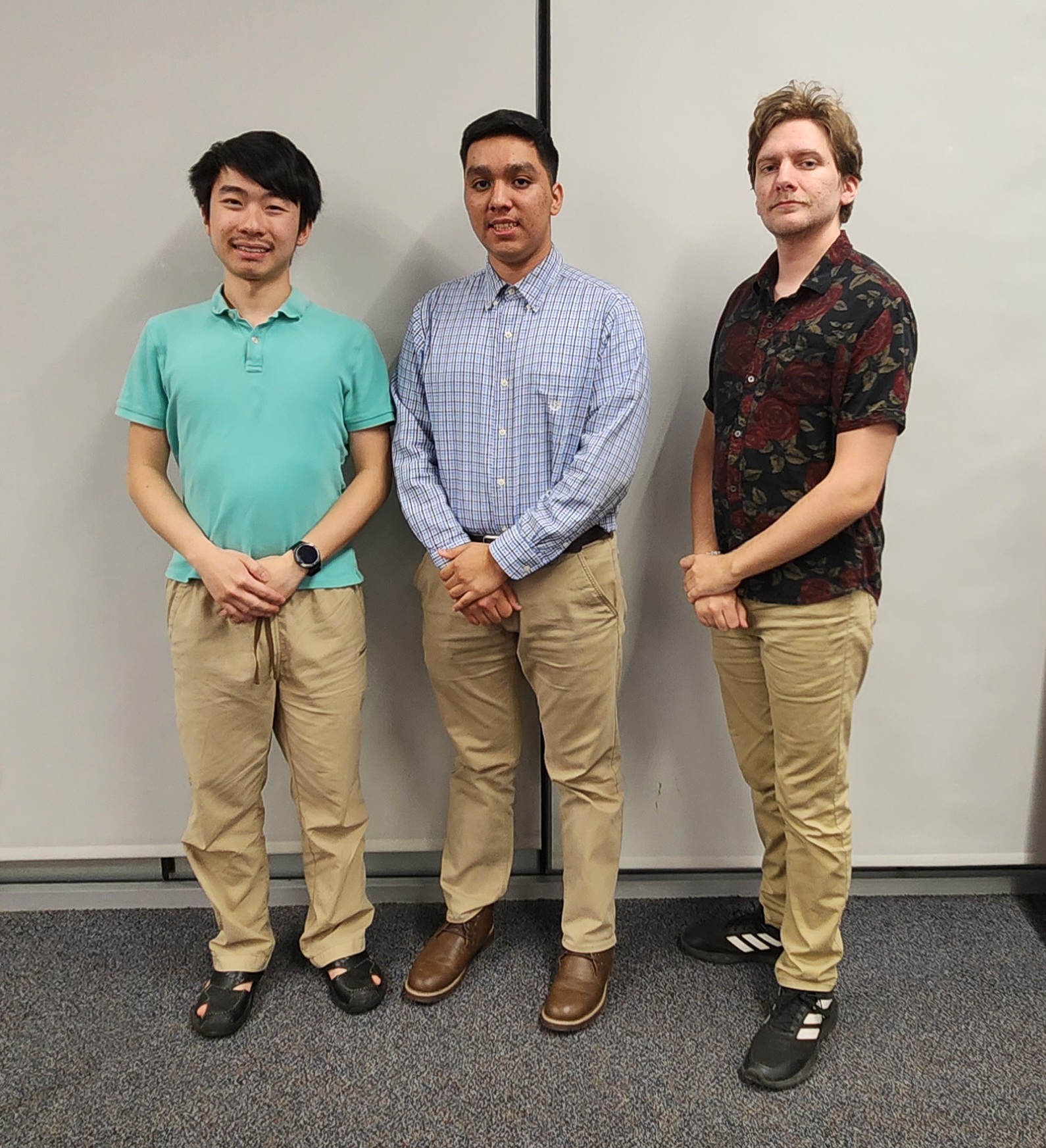
Robotics Learning Kit in Ghana
Student: Kevin Hays, Angel Hernandez, Baowen Huang, Joel Maldonado, Kaleb Santiago
Sponsor: Makers Place
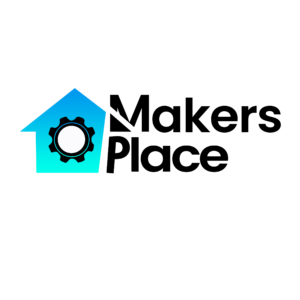
The objective of this project is to create a robotics kit tailored for deployment in rural regions of Ghana. These kits aim to facilitate children’s learning in STEM subjects. Ensuring affordability is crucial to broaden access to these educational tools across Ghana.
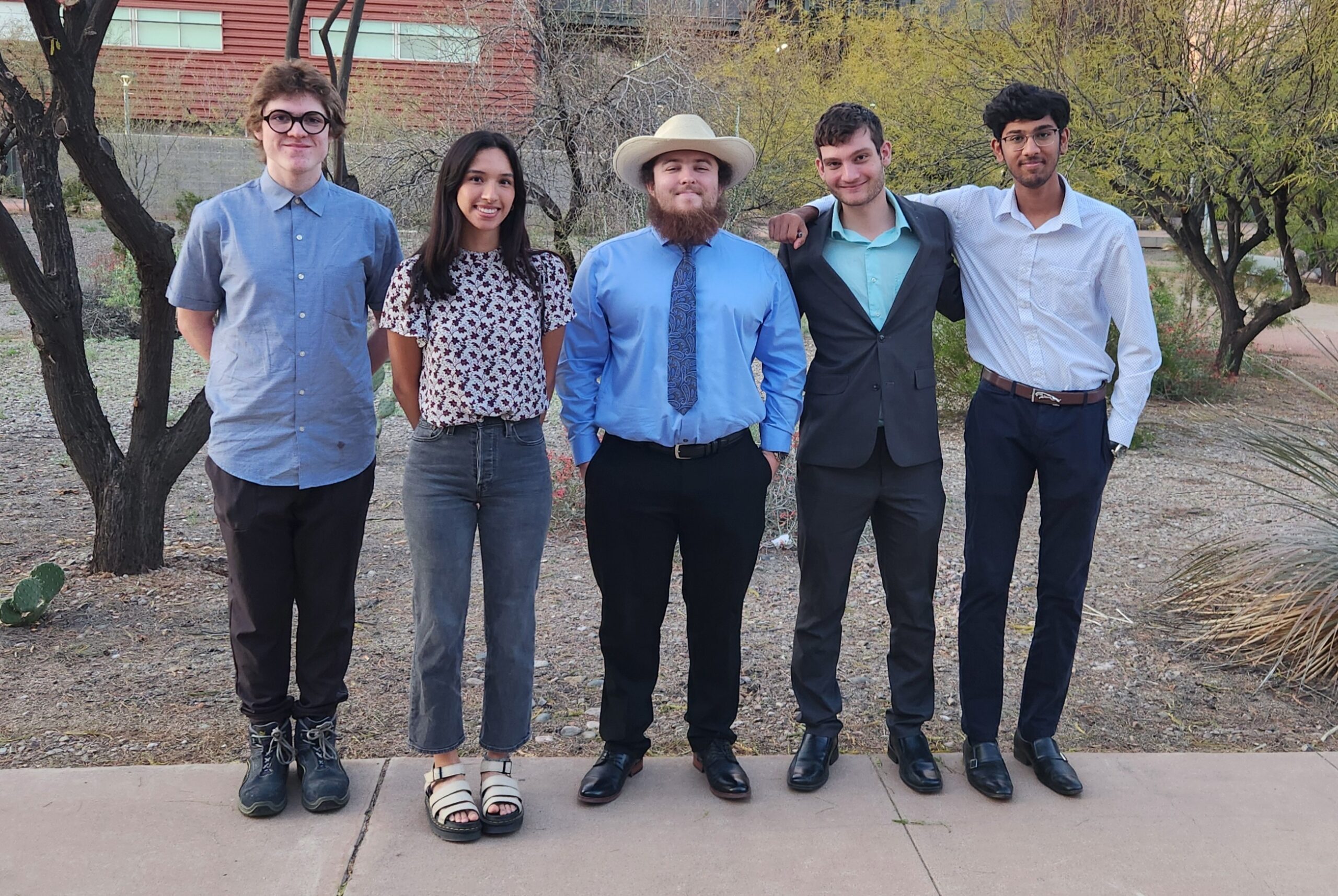
ACCEL Power Platform
Students: Armando Botiller, Sam Burns, Soham Chaudhari, Garrett Clausen, Jeffrey Davis, Gabriela Hernandez, Andrew Imoukhuede, Jacob Kaplan, Navdeep Singh
Sponsor: ACCEL – Arizona Centers for Comprehensive Education and Life Skills
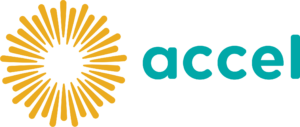
ACCEL, a nonprofit serving individuals with developmental disabilities, needs a tool to train students on powered wheelchair use for insurance approval. This project aims to design an electrically powered platform to increase students’ chances of qualifying for a powered wheelchair.
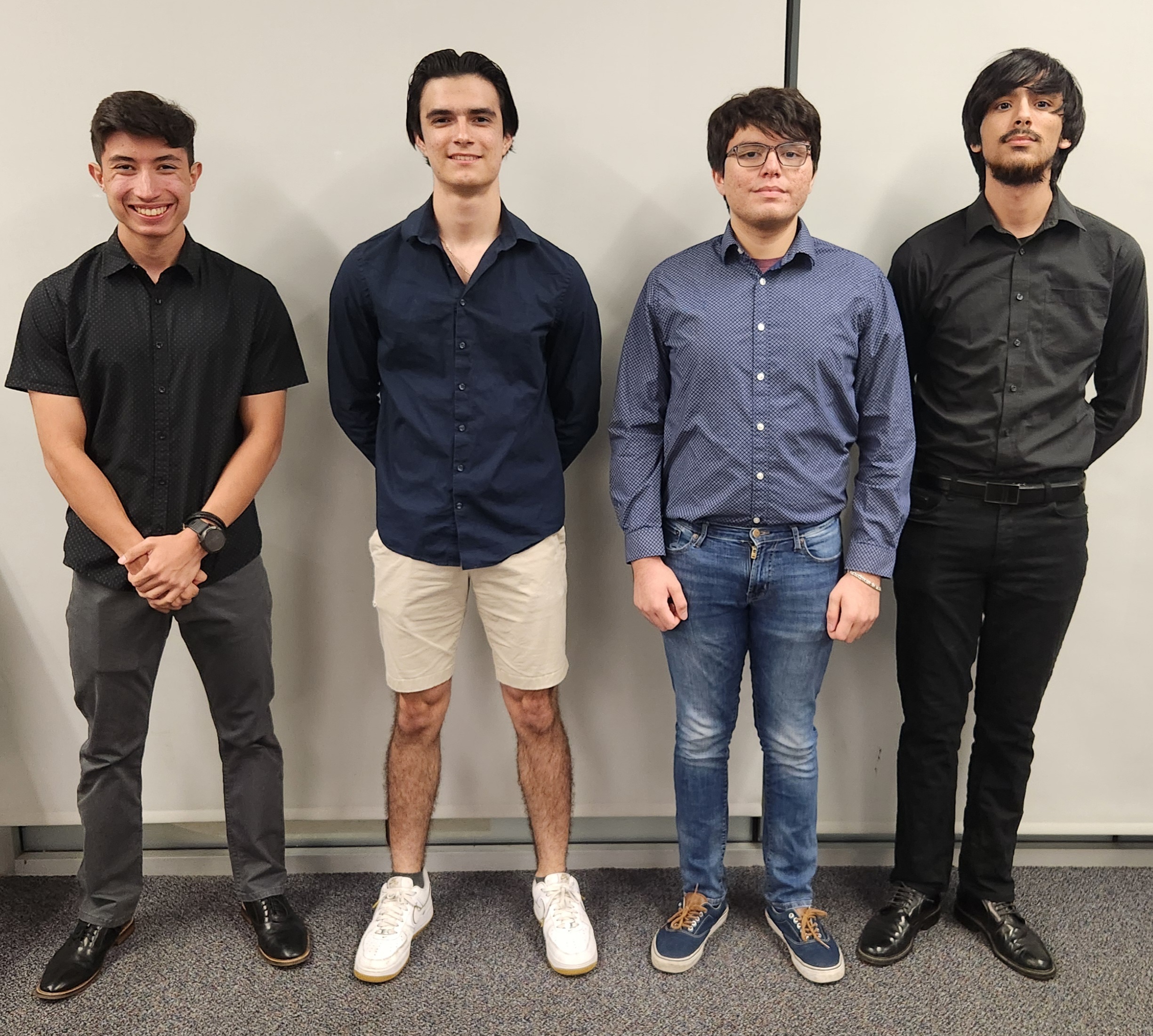
Flower’s Feeder
Students: Ivan Castillo, Donavan Demetrio Delgado, Gabriel Rivera, Luis Zaragoza
Sponsor: Phoenix Herpetological Sanctuary
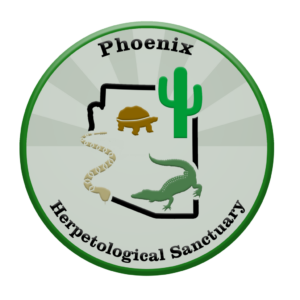
Efforts are underway to create a feeding device for Flower, an African spurred tortoise, who lost mobility in her neck due to neglect. This project aims to provide Flower with the ability to eat independently by devising a specialized feeding solution.
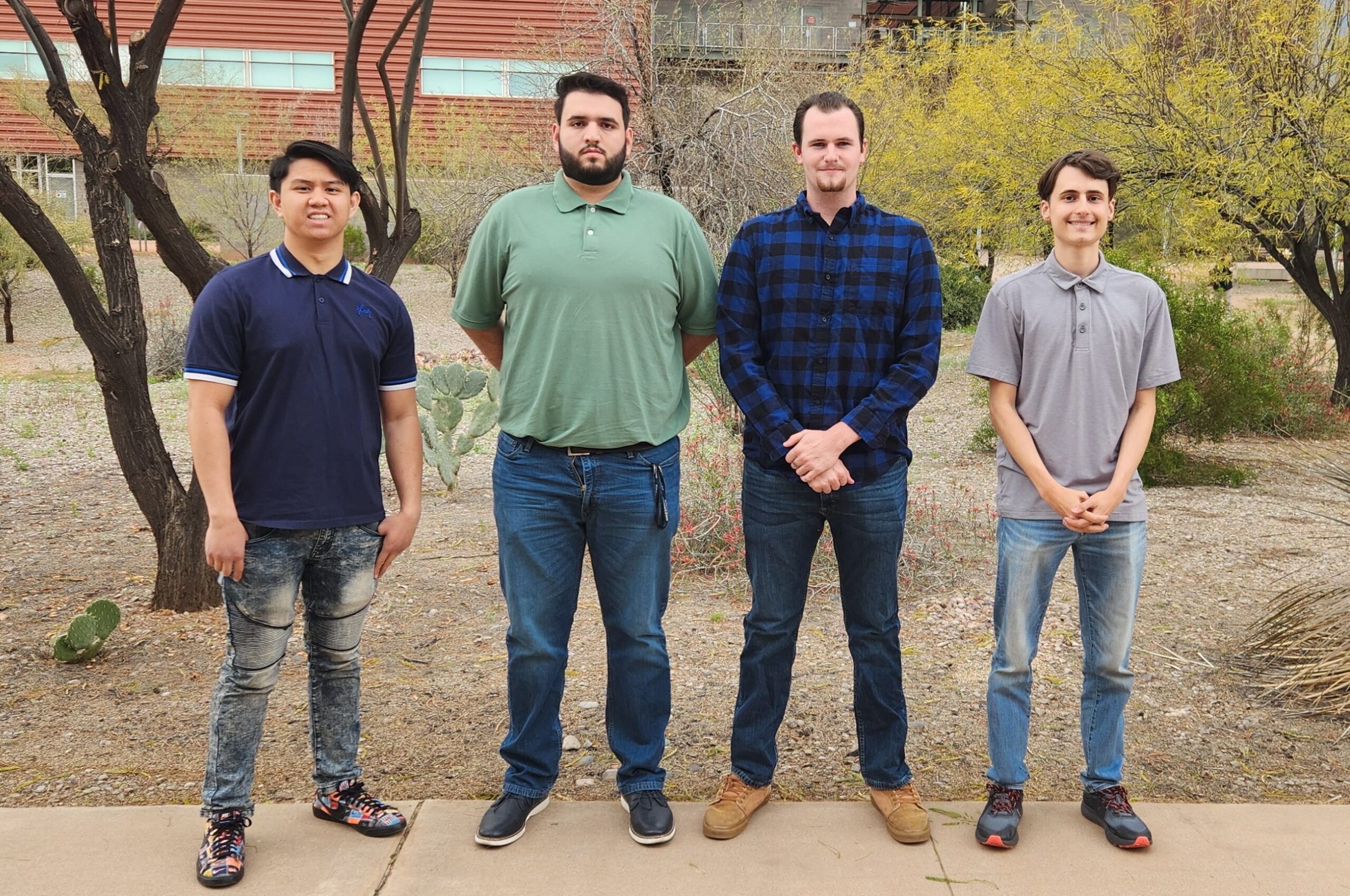
Greene Water Project
Students: Newton Brown, Daniel Delponte, Isaiah Lacombe, Matthew Rich, Jonathan Elijah Sales
This project aims to create a cost-effective rain collection system for a Navajo Nation family, reducing their reliance on well water. Once developed and tested, the solution will be shared with local indigenous communities.
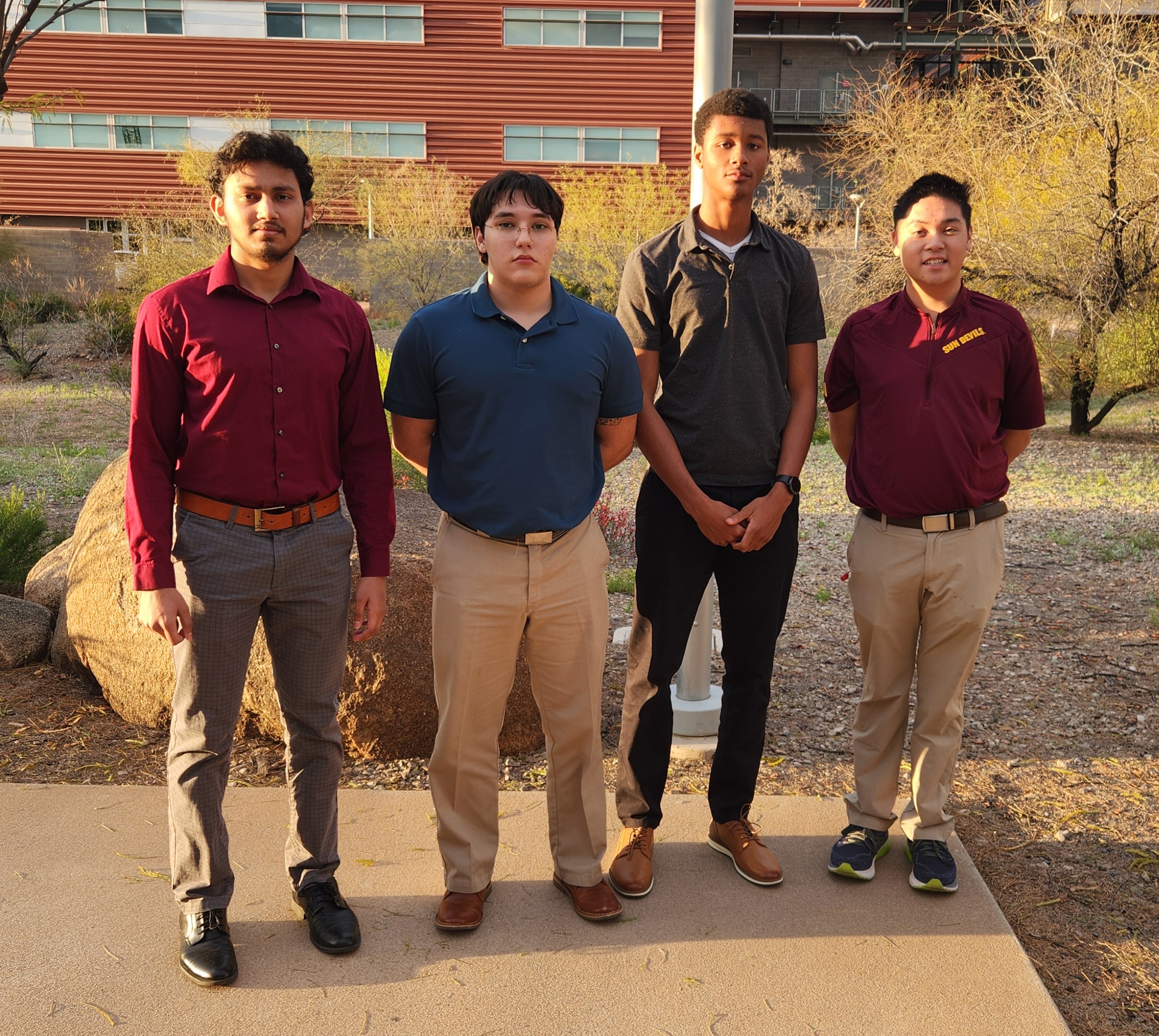
Solar Boost
Students: David Diaz, Sebastian Martinez Galindo, Aramis Jang, Roshan Geoffrey Joe, George Williams
This project seeks to create a portable charging station for ASU events, powered by solar energy for day and night use. It will charge up to eight phones simultaneously, supporting various charging methods including wireless charging, with potential expansion for larger devices.
Spring 2023 projects
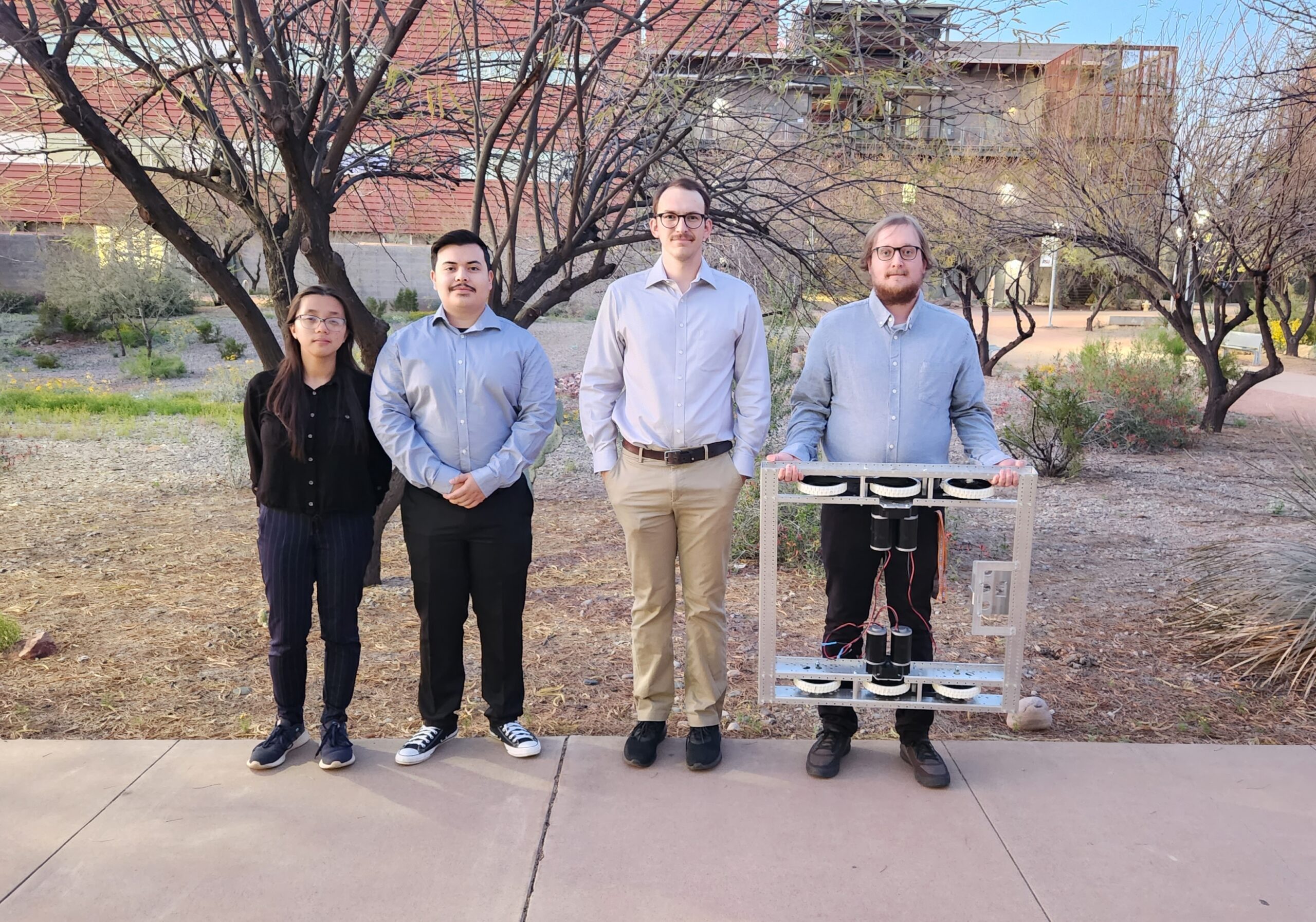
Students: Andrew Headley, Jason Martinez, Tina Vo, Jacob Pfutzenreuter
Sponsor: ACCEL – Arizona Centers for Comprehensive Education and Life Skills

Procuring powered wheelchairs for those who need them is expensive and insurance companies require a certain amount of practice before they can assist with the expenses. The goal is to design and prototype a platform that allows the user to secure their own wheelchair to the platform and utilize assistive technology buttons to move the platform around. This platform could serve as a more affordable option to gain the practice necessary to get the insurance coverage for a powered wheelchair.
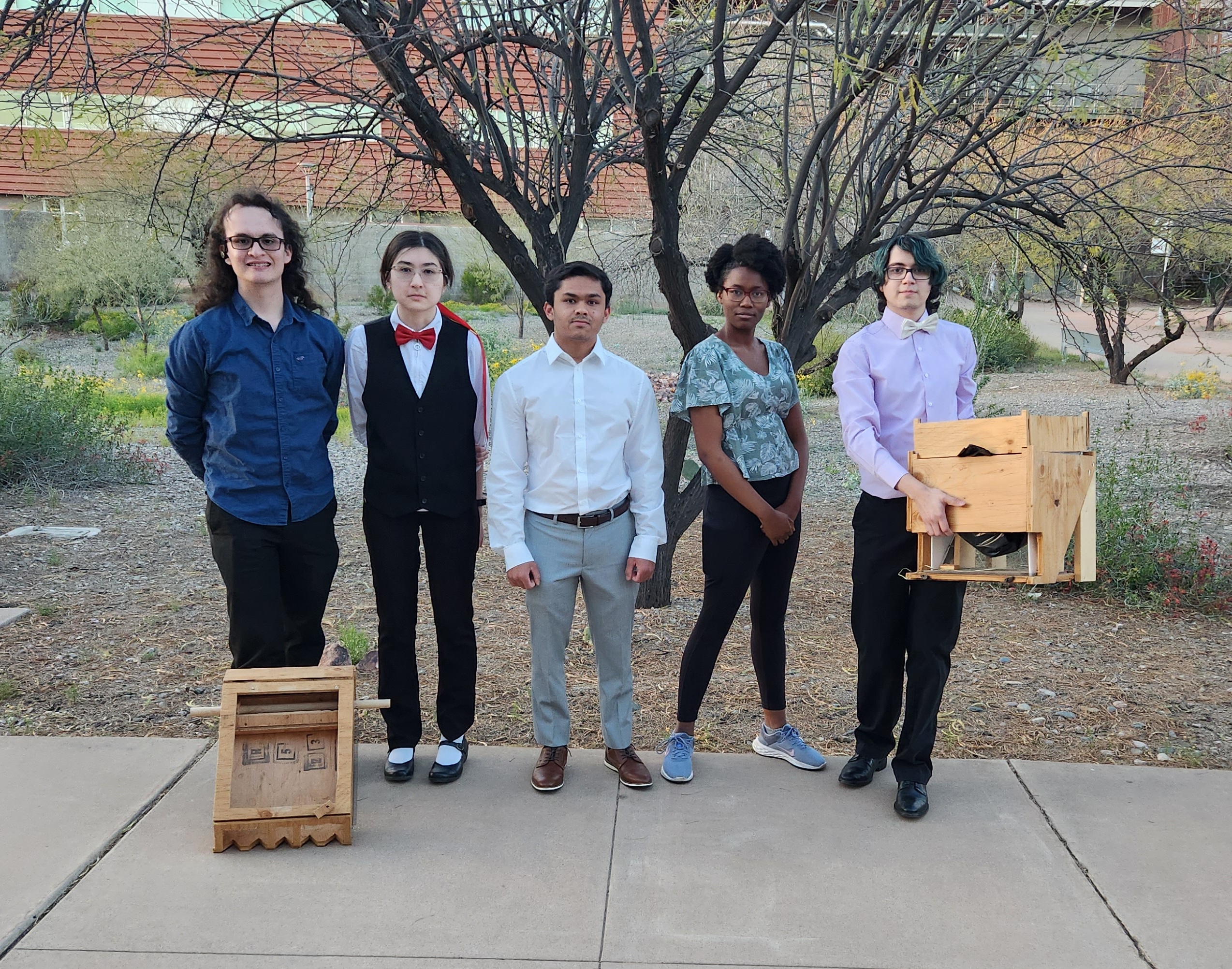
Students: Alex Guiterrez, Briana Wells, David Caruth, Justin Alam, Marla Hawthorne
The idea of the adaptative feeder is to help tortoises, and hopefully other animals, that are disabled due to owner negligence and/or abandonment. The way that this idea could help change the world is by giving people the means to help these animals and get them on the road to recovery.
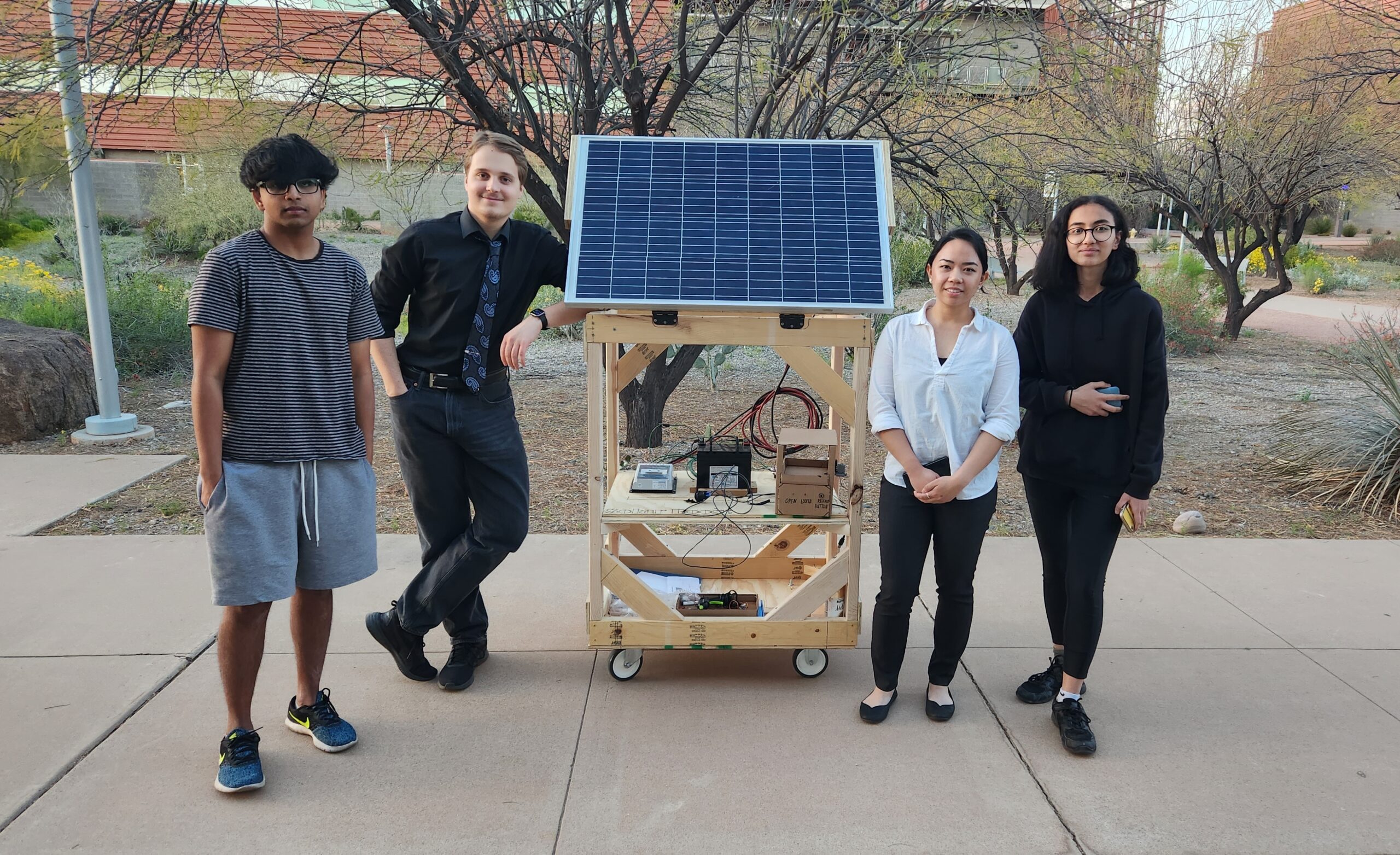
Students: Andrey Podoprigora, Sama Abdelrahman, Julia Isidro, Rishik Atluri
Sponsor: ASU Undergraduate Student Government – Polytechnic Campus
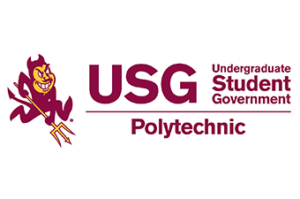
This team designed an off-grid operating device capable of providing opportunity to charge mobile devices through harnessing Solar Power.
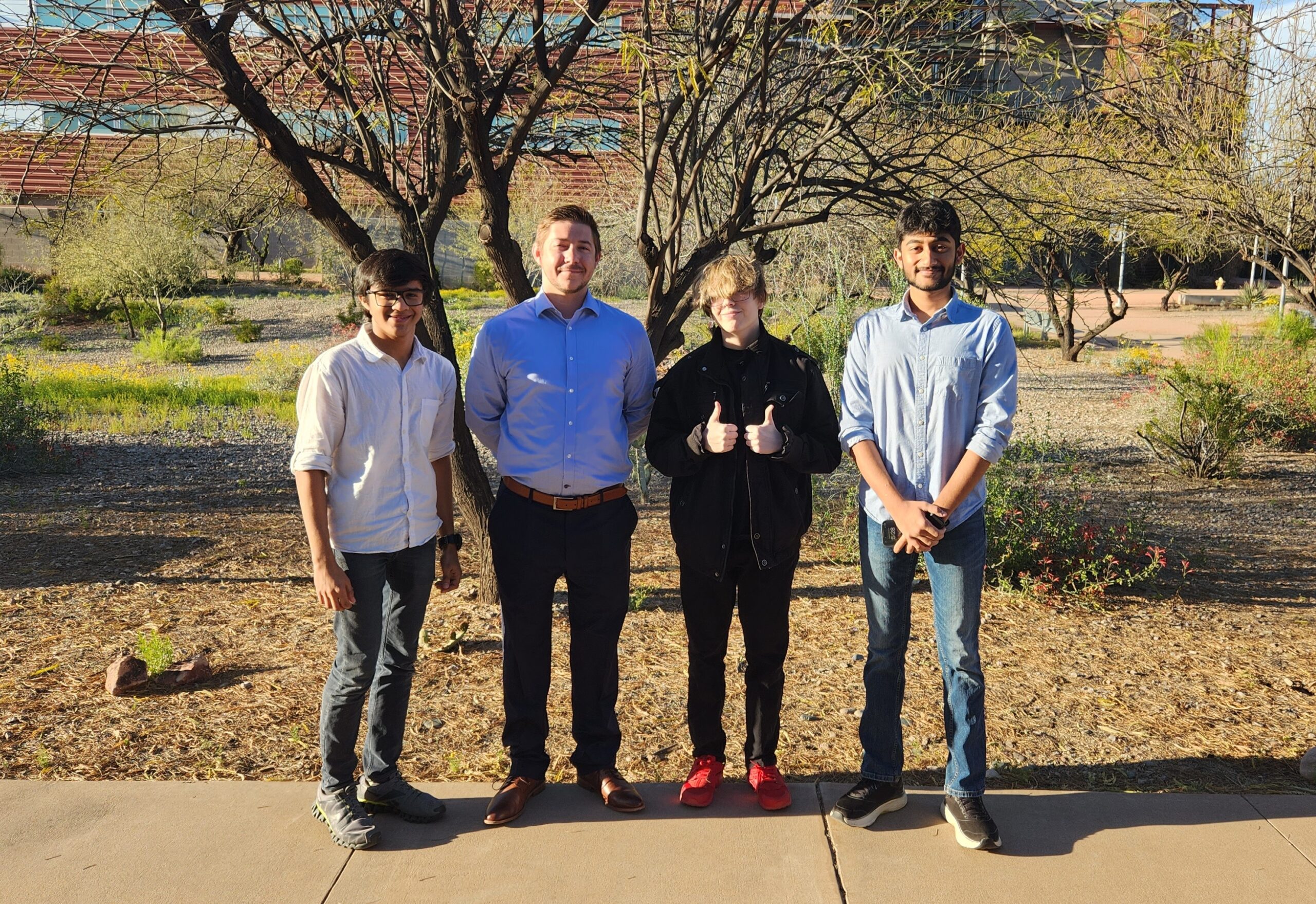
Students: Kevin Shah, Shaurya Manglik, Parker Flint, Douglas Knappenberger
Sponsor: Mykl Greene
This team’s main goal is to filter water and convert it into drinkable water by enhancing the water quality issue.
Fall 2022 projects
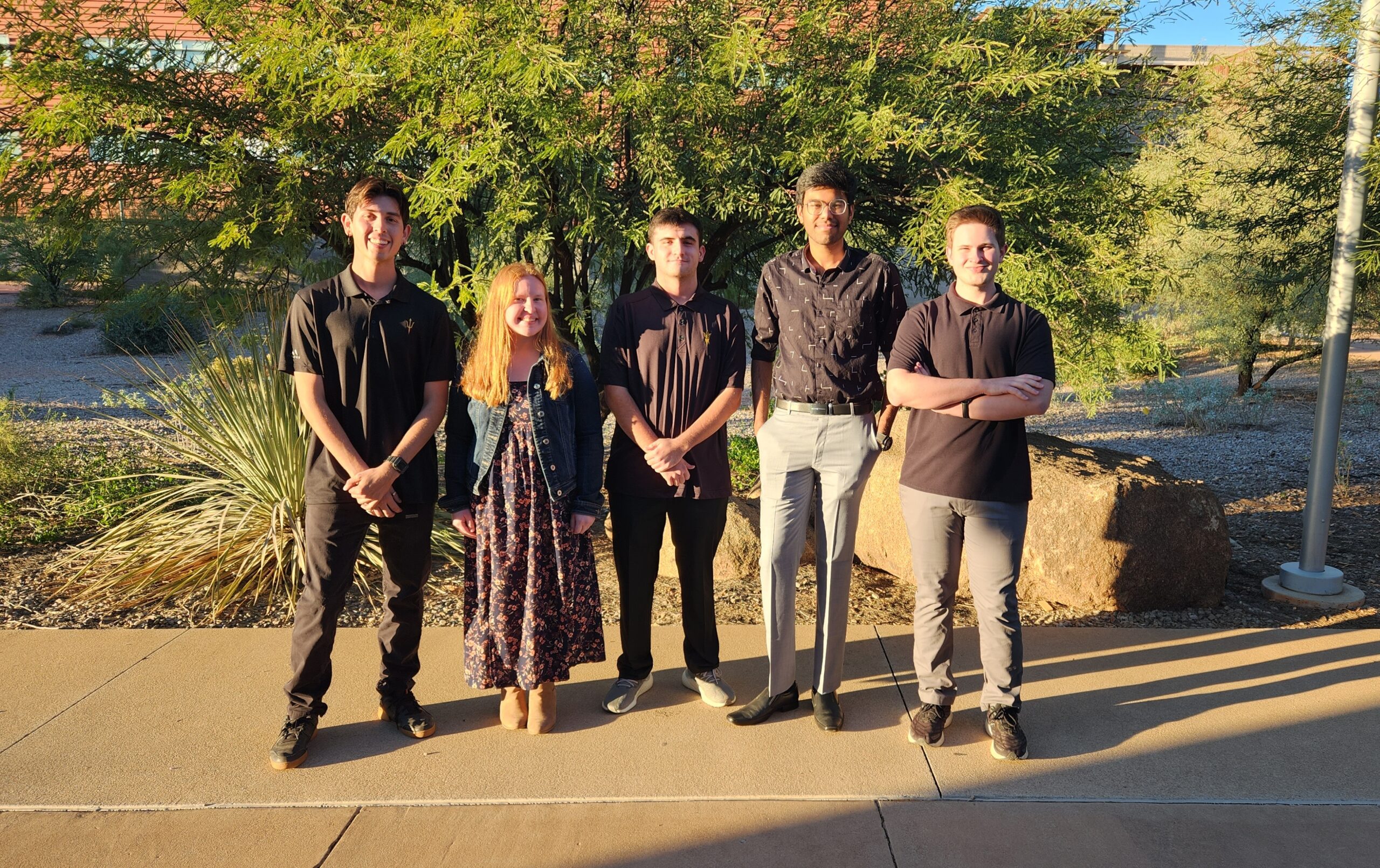
Students: Steven Jones, Kaylee Petersen, Alton Polacek, Moksh Goel, Austin Contreras
Sponsor: ACCEL – Arizona Centers for Comprehensive Education and Life Skills

The ACCEL Ball Launcher Team designed a device that will allow children with disabilities to shoot a basketball into a hoop.
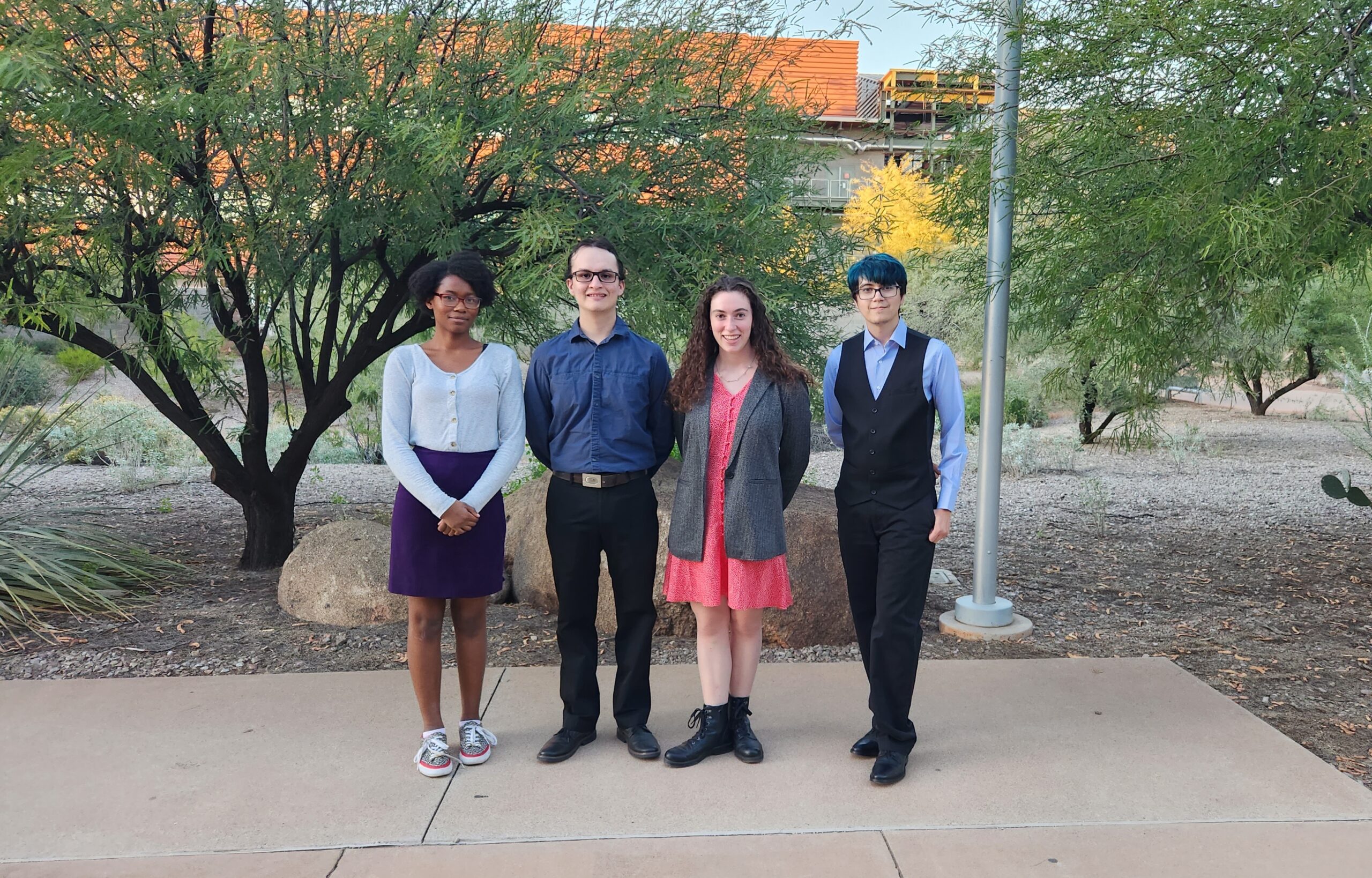
Students: Abigail Gordon, Marla Hawthorne, David Caruth, Alex Gutierrez
Sponsor: Phoenix Herpetological Santuary

The goal for the Flower’s Feeder project was to create a better option for feeding an African Spurred Tortoise named Flower. After she was neglected and abused by her previous owners, her shell collapsed causing her to lose mobility in her neck. This caused her to be put on an experimental back brace and has led to Flower not being able to feed herself via grazing.
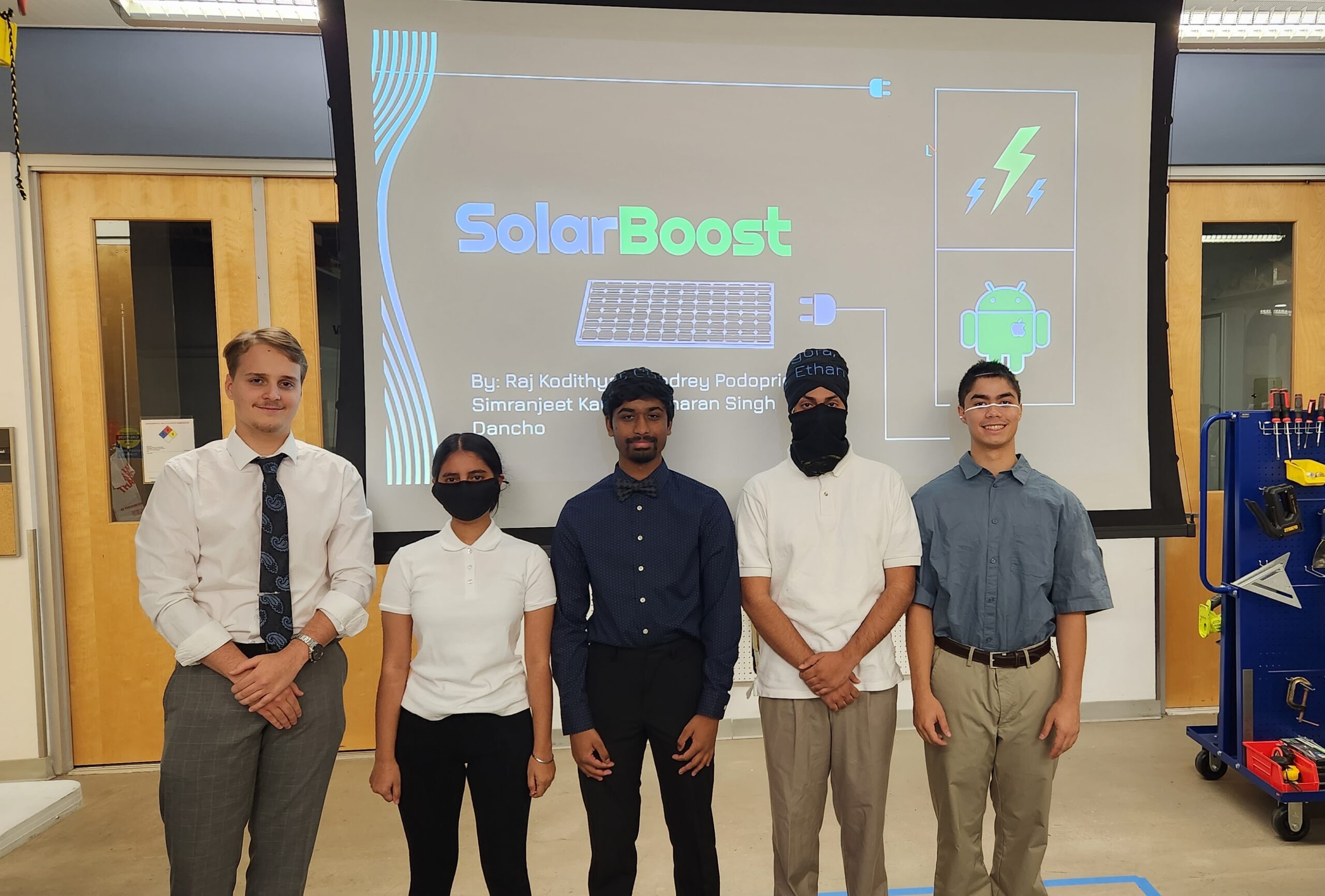
Students: Raj Kodithyala, Simranjeet Kaur, Gursharan Singh, Andrey Podoprigora
Sponsor: ASU Undergraduate Student Goverment, ASU Polytechnic campus

This goal of the Solar Boost team was to develop a solar-powered charging station for mobile devices on ASU’s Polytechnic campus.
Spring 2022 projects
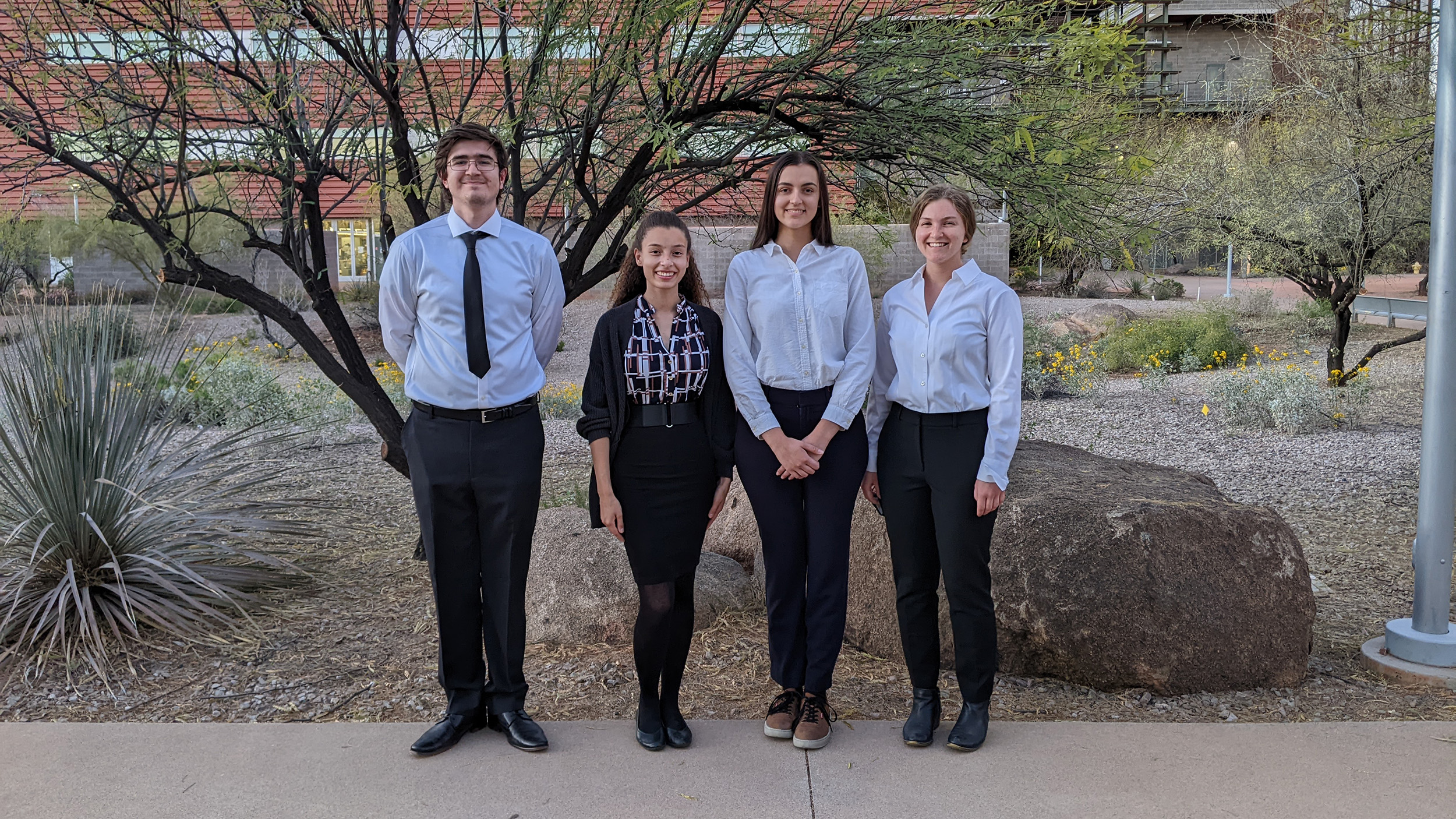
ACCEL Power Platform
Students: Isabella Bushroe, Brooklyn Johnson, Bridget Koehl, Konner Shook
Sponsor: ACCEL – Arizona Centers for Comprehensive Education and Life Skills
The ACCEL Power Platform team aims to develop a tool to train students on how to use a motorized wheelchair with the help of a powered platform that a manual wheelchair can safely drive onto. The motivation behind this project stems from insurance companies only approving individuals for a powered wheelchair if they are able to demonstrate that they can operate one successfully. If someone does not pass the test, they are often never re-tested, never receive a powered wheelchair and are never able to achieve independent mobility.
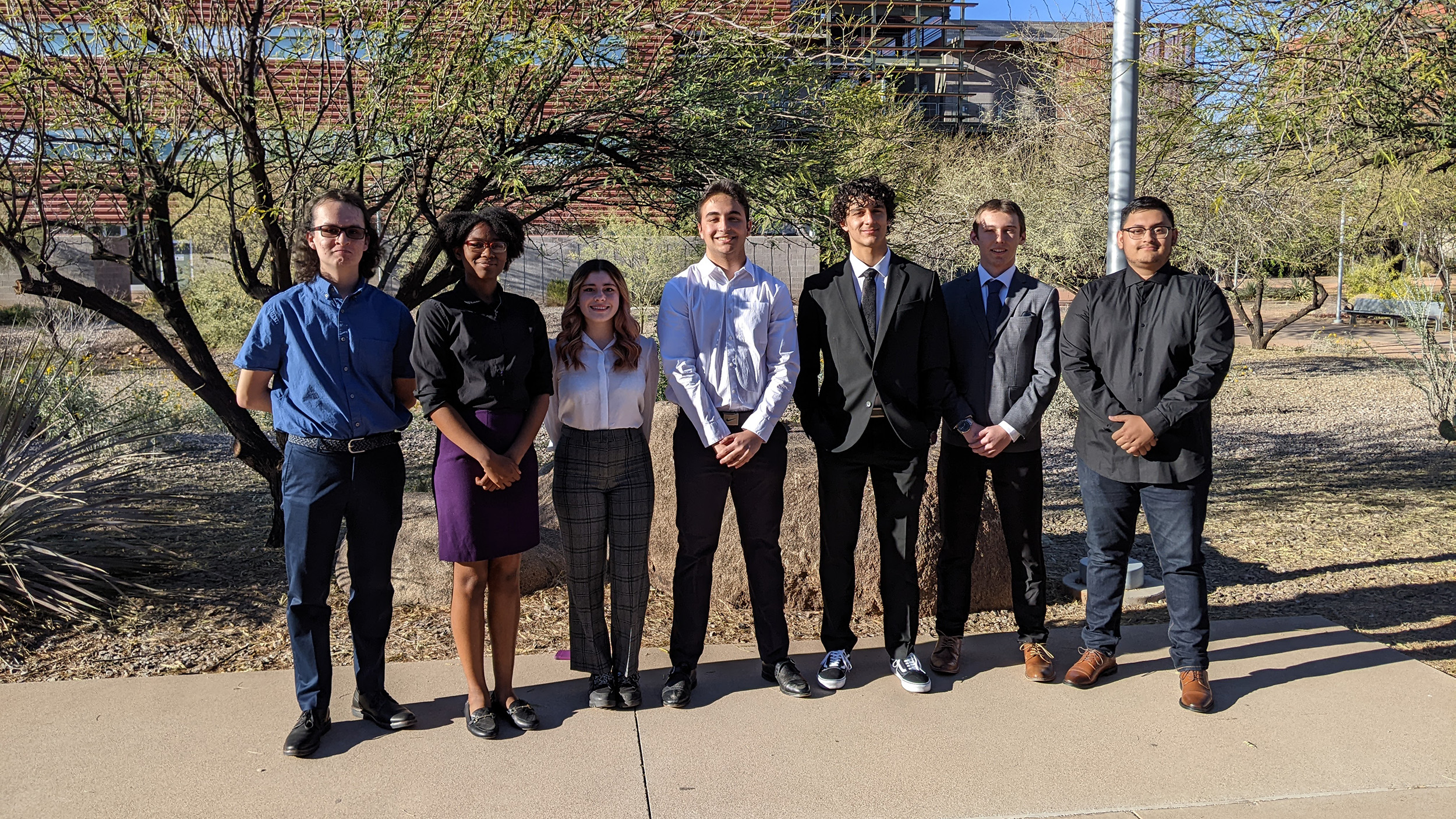
Flower’s Feeder
Students: Nicholas Arango, Caetano Chequer, Chase Colgate, Alex Gutierrez, Lana Harkin, Marla Hawthorne, Niglan Quevedo
This project is motivated by creating a better option for feeding an African Spurred Tortoise named Flower. After she was neglected and abused by her previous owners her shell collapsed causing her to lose mobility in her neck. Unfortunately, this has caused her to be put on a back brace. All of this has led to Flower not being able to feed herself via grazing. The proposed solution is to create an automatic or semi automatic feeder that will allow Flower to eat comfortably with her disability and alleviating handlers from the arduous process.
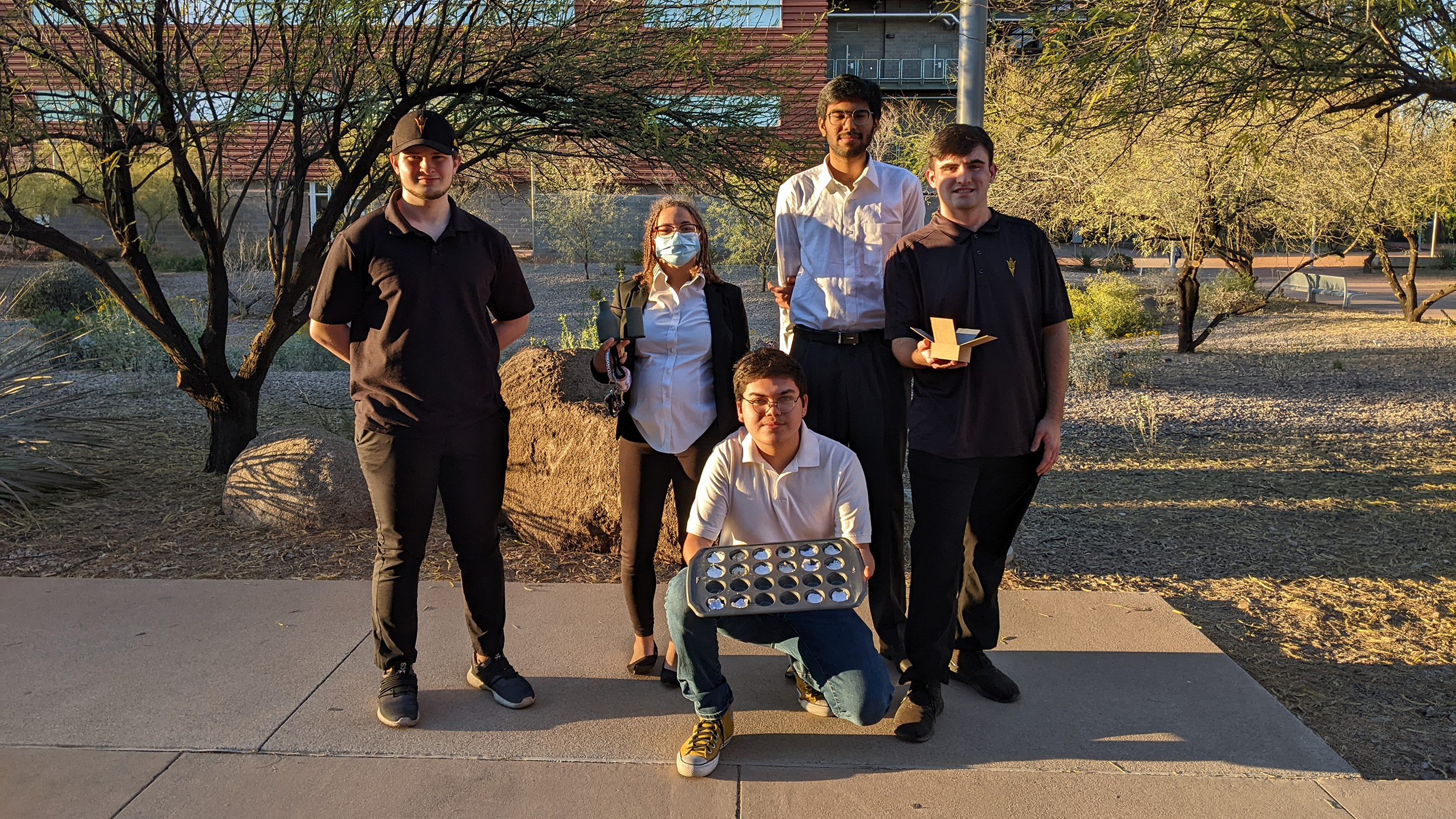
Leaf Wise
Students: Juan Cardozo, Moksh Goel, Nahlia Morris, Alton Polacek, Steve Jones
The main focus of this project is to find a way to recycle the used paper from the St. Michaels community and turn it into a product that the Navajo people can use in their daily lives. The proposed solution is converting paper into usable paper pulp.
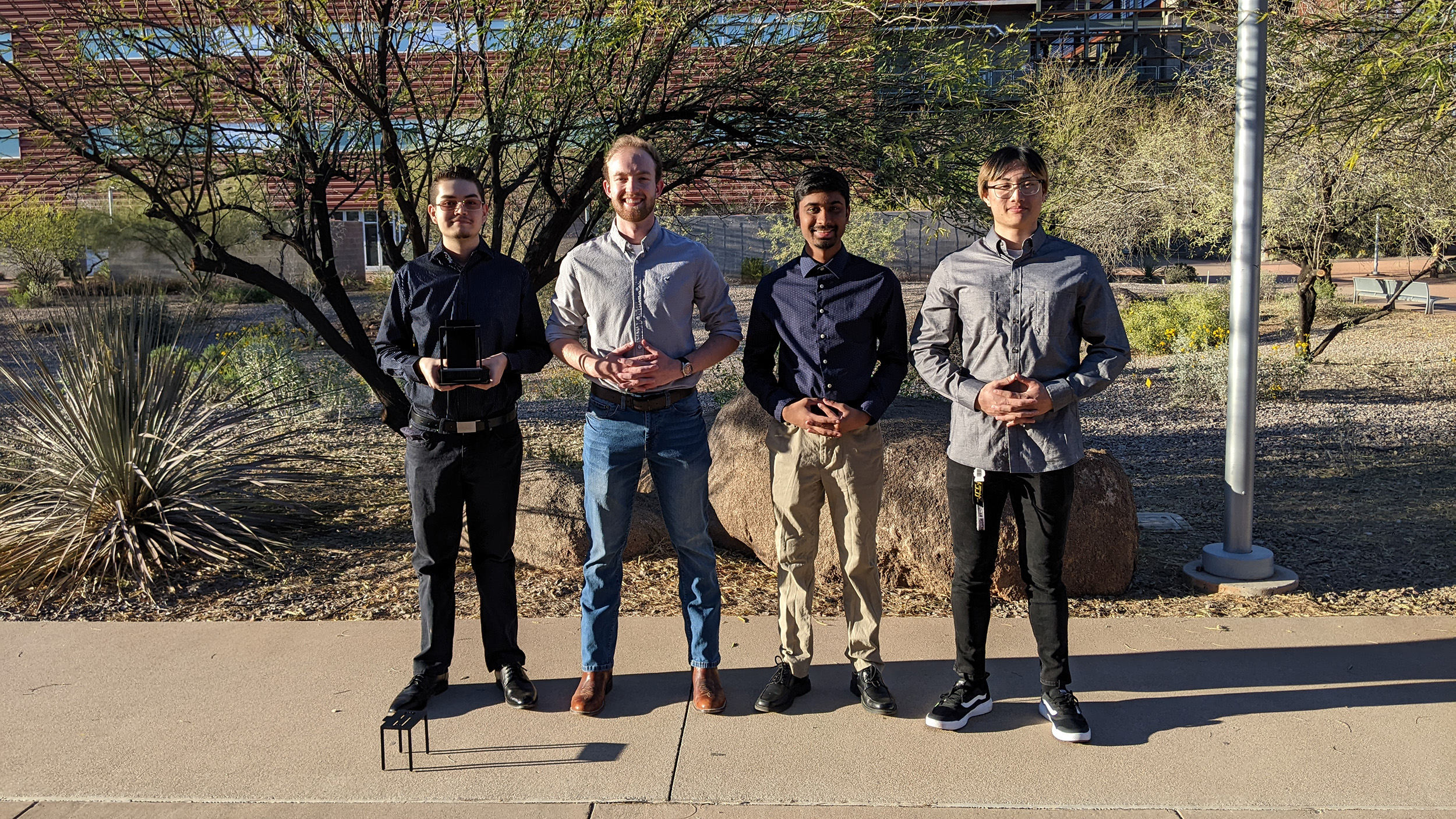
Solar Boost
Students: Raj Kodithyala, Kevin Romero Odorica, Mark Rossbach, Bao-Quan Tranthien
This project’s goal is to address the slow charging process for mobile devices. The proposed solution is to create an off-grid electronic device that uses solar energy to charge electronic devices in a short period. Ideally, this would work significantly faster than a regular charger. The project has two phases. The electronics phase would work to build an electronic system that can quickly charge an electronic device using solar energy. The second phase would work to implement this technology into society.